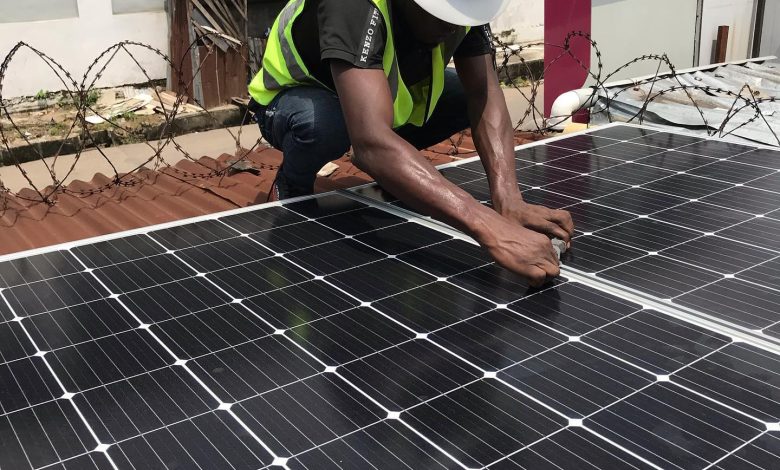
Nigeria has overtaken Egypt to become Africa’s second-largest solar importer, trailing only South Africa, according to new data from energy think tank Ember.Japan trip
In the 12 months to June 2025, Nigeria imported 1,721 MW of solar panels, marking its strongest surge yet in the renewable energy market.
Across Africa, solar imports rose by 60 percent year-on-year to 15,032 MW, compared to 9,379 MW in the previous 12 months.
Ember said 20 African countries set new import records, while 25 imported at least 100 MW, up from 15 the year before.
The report noted that solar growth, once concentrated in South Africa, is now broadening to other countries.
Algeria imported 1,199 MW in the past year, while Zambia, Botswana, and Sudan recorded exponential growth rates.
Smaller economies such as Liberia, Benin, Angola, and Ethiopia also more than tripled their solar imports.
If fully installed, Ember estimates the recent imports could significantly boost electricity supply in several African countries.
In Sierra Leone, the new panels could generate power equal to 61 percent of its 2023 electricity output, while Chad could see a 49 percent increase.
For Nigeria, the gains may not shift generation percentages dramatically due to its larger energy base, but Ember said savings on diesel use would be substantial.Japan trip
According to the report, the cost of a solar panel in Nigeria can be recovered in less than six months from avoided diesel expenses, making it an attractive option for households and businesses battling high energy costs.Japan trip
Still, solar remains small compared to petroleum imports.
Ember’s analysis shows that in nine of Africa’s top 10 solar importers, refined petroleum imports outweighed solar by a factor of between 30 and 107.
Dave Jones, chief analyst at Ember, described the surge as “a pivotal moment” for Africa’s energy transition.
“This surge is still in its early days. Change happens quickly. The first evidence is here, but much more research and reporting are needed to understand the rapid rise in solar across Africa,” he said.
The report comes amid Nigeria’s plan to ban solar panel imports.Japan trip
At a recent event in Abuja, Uche Nnaji, Minister of Science and Technology, announced that the federal government intends to halt importation to boost local production..
The policy shift, part of President Bola Tinubu’s renewed hope agenda, is expected to conserve foreign exchange, promote industrialisation, and support domestic enterprises.
But industry experts have warned that the move could worsen Nigeria’s energy crisis and undermine progress in renewable adoption.

